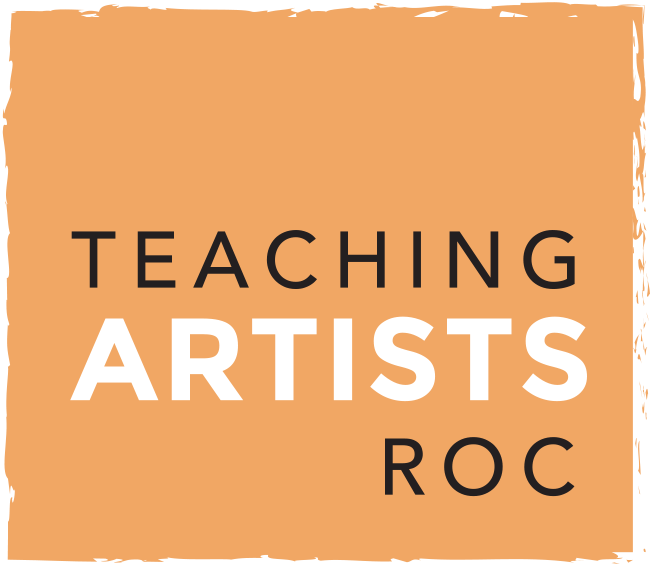| Teaching Artists ROC places teaching artists in area schools, after-school programs, senior centers, civic/cultural spaces and local events. These performers and artists enrich existing curricula and support programming by introducing participants to new ideas, concepts and cultures. Outlets of expression are provided for people of all ages, abilities, and walks of life. |
Teaching Artists ROC

City: Rochester
State: New York
Country: United States
Organization Type: Community Engagement, Education

